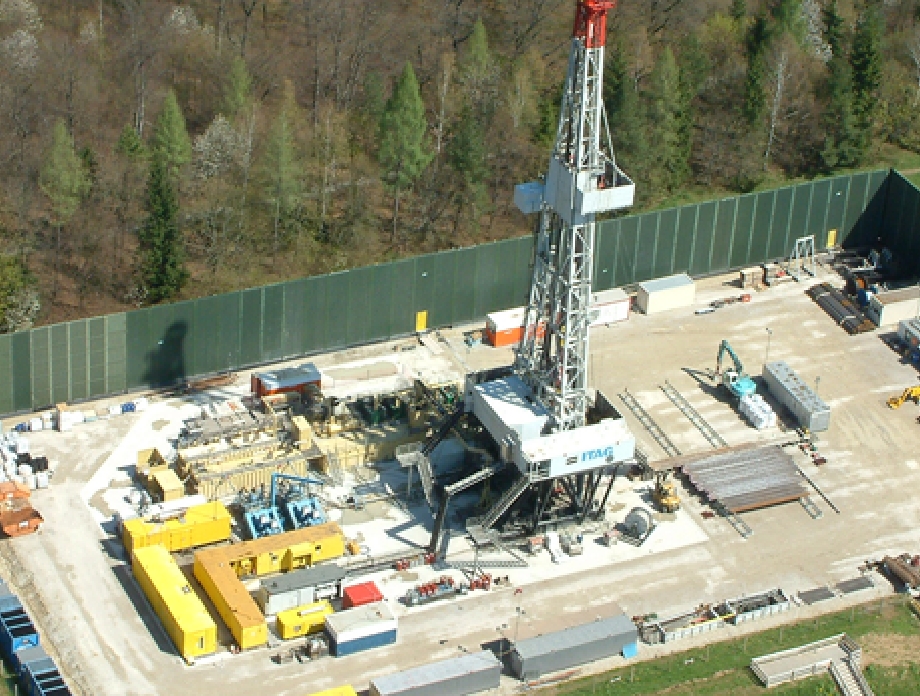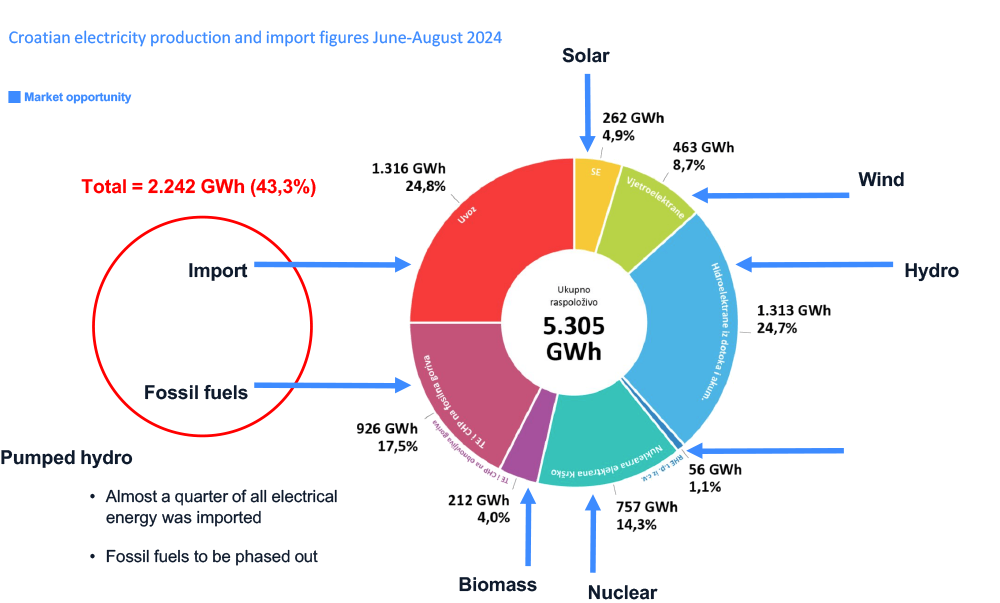

Why is it important?
The decarbonisation of large scale heat remains a significant unresolved problem for the UK. Some 44% of the UK’s energy demand is for heating homes and other buildings, which accounts for 37% of the UK’s greenhouse gas emissions. The Committee on Climate Change have stated that only decarbonisation of heat in the UK could deliver the major reduction in emissions needed to meet the 2050 net zero target.
The current energy mix in Croatia is largely driven by hydropower and a mix of renewables, nuclear and natural gas. The country imports approximately 25% of its energy demand and the government is trying to reduce this to improve energy security. Replacing gas generation in particular will need baseload power, and geothermal looks poised to become the energy source of choice to achieve this.
The opportunity for the UK
Domestic solution provides security of supply
360 projects could be delivered in the next 30 years
Delivering 15,000GWhrs / annum by 2050
3.6m tonnes of CO2 savings
According to Durham University
There is enough geothermal energy in the UK to meet the country’s annual heating demand for at least a century.

REA & ARUP Deep Geothermal Energy Report
Economic Decarbonisation Opportunities for the United Kingdom.
What 360 geothermal plants by 2050 means to the UK
Equivalent heating for 2 million homes
Create 10,000 direct green jobs
£1 billion of investment

The opportunity for Croatia
The Croatian Hydrocarbon Agency estimates Croatian geothermal electricity generation potential at 1000 MW. In 2025, there is only one geothermal power plant in Croatia, with gross capacity of 17,5 MWe / net capacity 10 MWe. Direct heat utilisation potential is even higher, in 2025, there are only four geothermal direct heating projects in operation.